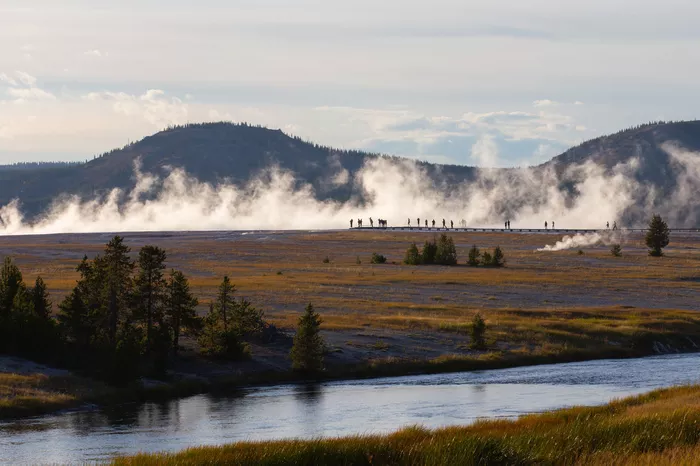Understanding the Impact of Tourism
Tourism has a profound impact on the world. On one hand, it can contribute to waste, reduce natural resources, and disturb precious ecosystems. Conversely, however, the tourism industry plays a crucial role in community development, conservation efforts, and the promotion of cultural heritage. While we may never completely erase our human footprint on the world’s landscapes, we can actively pursue responsible travel initiatives to mitigate these negative effects.
Impact of Tourism
The dual nature of tourism exemplifies its complex relationship with the environment. The influx of visitors often leads to:
- Increased waste generation
- Depletion of local resources
- Disruption to wildlife and habitats
Embracing Responsible Travel
To address these challenges, travelers and industry stakeholders must commit to embracing responsible travel practices. This involves:
- Opting for sustainable accommodations
- Supporting local businesses
- Minimizing carbon footprints through eco-friendly transportation
Additionally, tourists should prioritize education about the destinations they visit, therefore fostering a deeper appreciation for local cultures and environments.
Conservation and Cultural Heritage
:max_bytes(150000):strip_icc():format(webp)/TAL-gjogv-faroe-islands-OVERTOURISM0824-c295e8fcdb9f48888fb8d3d2152f8c99.jpg)
Moreover, the tourism sector can also play an instrumental role in conservation efforts. By advocating for sustainable tourism practices, travelers can help protect endangered ecosystems, support wildlife preservation, and ensure that future generations can experience these natural wonders.
:max_bytes(150000):strip_icc():format(webp)/hawaii-tourism-slow-down-HAWAIIRIGHT0821-a680a35801b34660b5c56988d263ff96.jpg)
In conclusion, by embracing responsible travel and actively participating in conservation initiatives, we can positively influence the tourism industry and ensure that it benefits both local communities and the environment, preserving our planet for future travelers.




